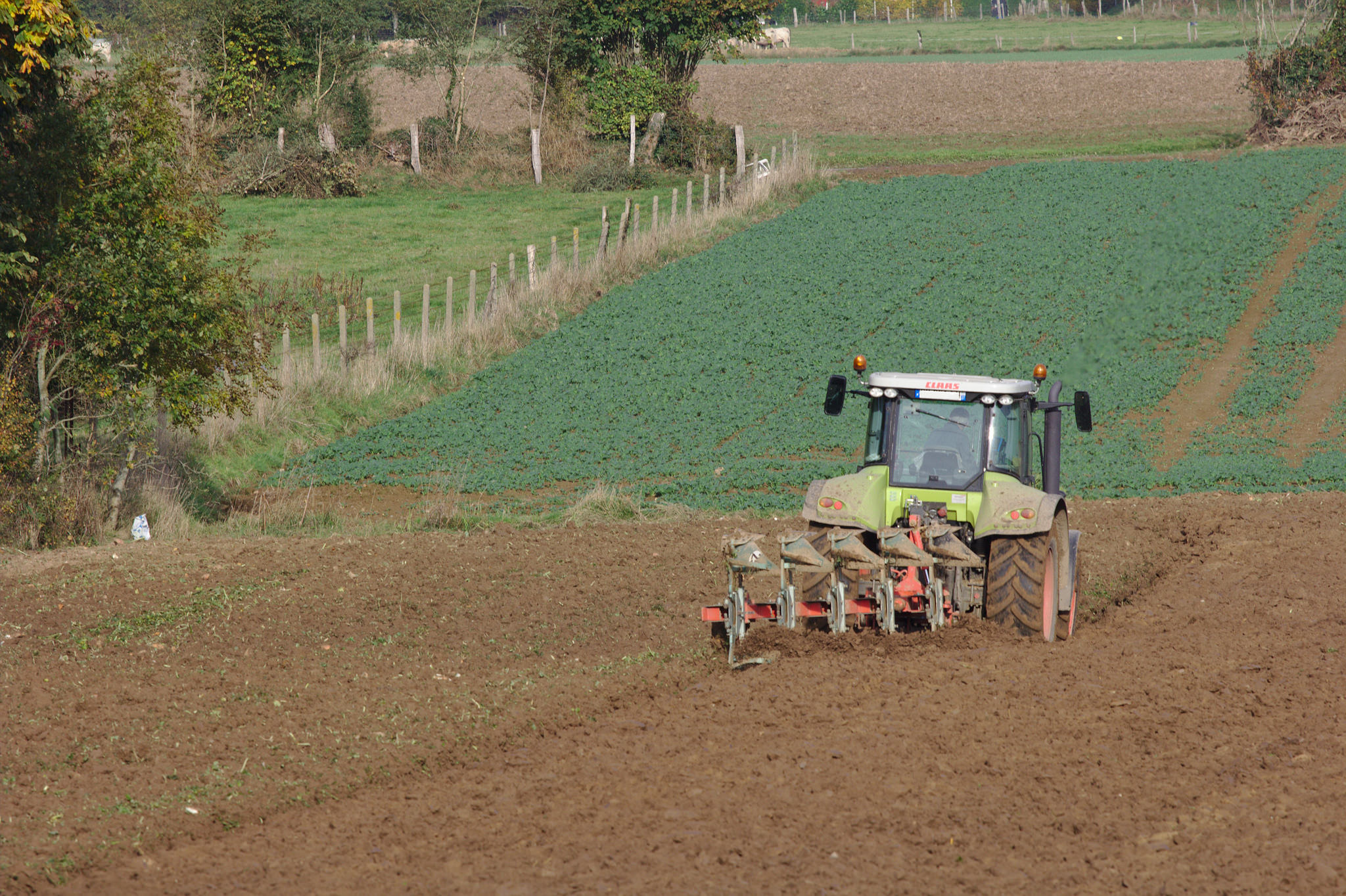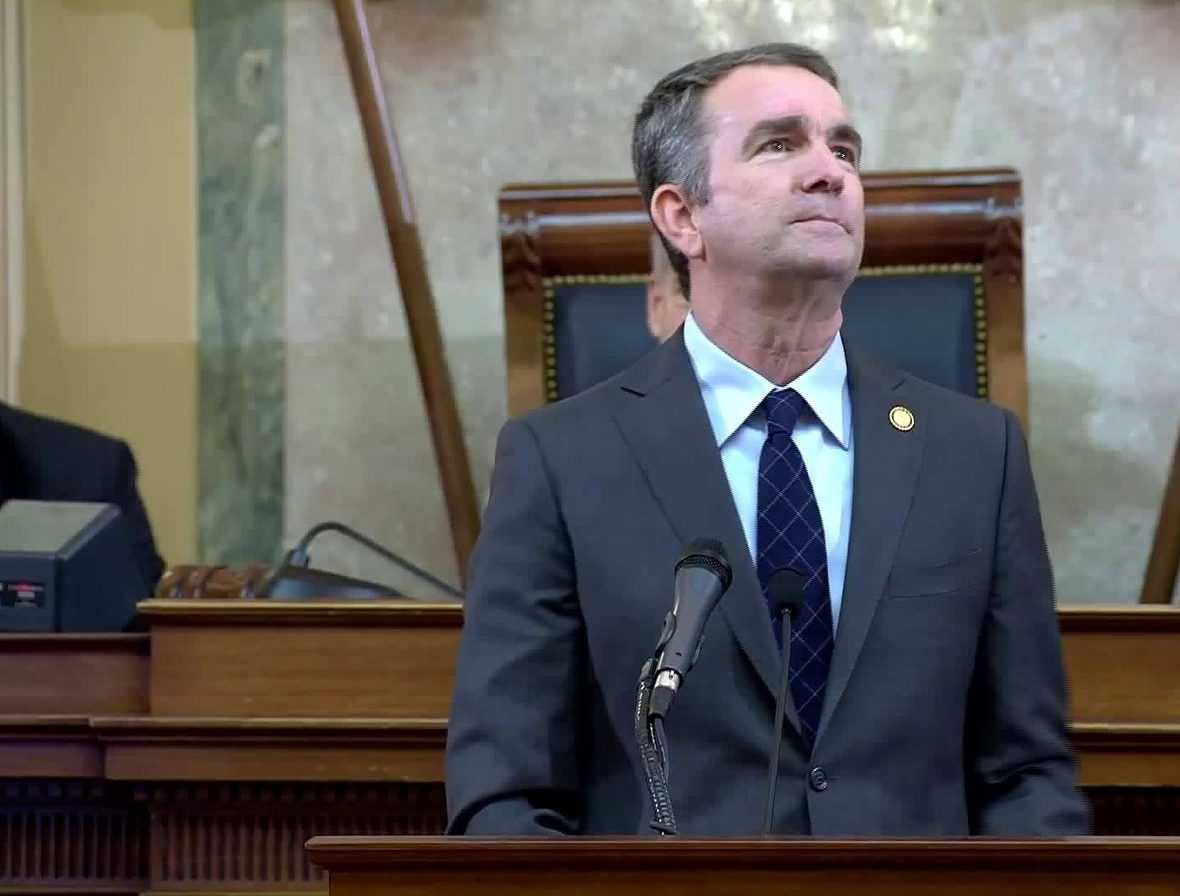As the trade war between the U.S. and China – and other allied trading partners – continues, the Trump Administration is putting up a $12 billion bailout to farmers that have become victims of retaliatory tariffs on soybeans, pork, beef, whiskey, dairy, and other agricultural goods. Leading up to the official announcement to ease the economic pain in key electoral states, President Donald Trump took to Twitter to exclaim his negotiations with several of America’s major trading partners.
“Tariffs are the greatest! Either a country which has treated the United States unfairly on Trade negotiates a fair deal, or it gets hit with Tariffs. It’s as simple as that – and everybody’s talking! Remember, we are the “piggy bank” that’s being robbed. All will be Great!”
In early July, 25 percent tariffs on $34 billion worth – part of a larger $200 billion plan – of imported machinery and electronics from China went into effect, leading Beijing to hit back with equal, dollar-for-dollar duties, mainly on agricultural goods. President Trump has threatened the far east with even broader tariffs totaling $500 billion in regards to predatory trade agreements.
The retaliatory tariffs on agricultural products, namely pork, beef, and soybeans, have hit farmers’ profits in key electoral states like Wisconsin, North Carolina, Ohio, and Iowa, according to CNBC.
Even though the President is trying to soothe the pain of farmers with a bailout, being that it is mainly occurring in key electoral states, means that this political move may sway the minds of voters in the midterm elections following the harvest months. On Tuesday, stock shares of tractor maker Deere & Company spiked four percent following the news of the bailout plan, showing a sign of some ground gained from the measure.
While the tariffs are being waged to cut down on trade deficits with foreign countries, attempting to get a better deal for American companies, farmers, and manufacturers, it does cost something. Considering tariffs have been levied on a wide range of American exports, are bailouts coming for other industries?







